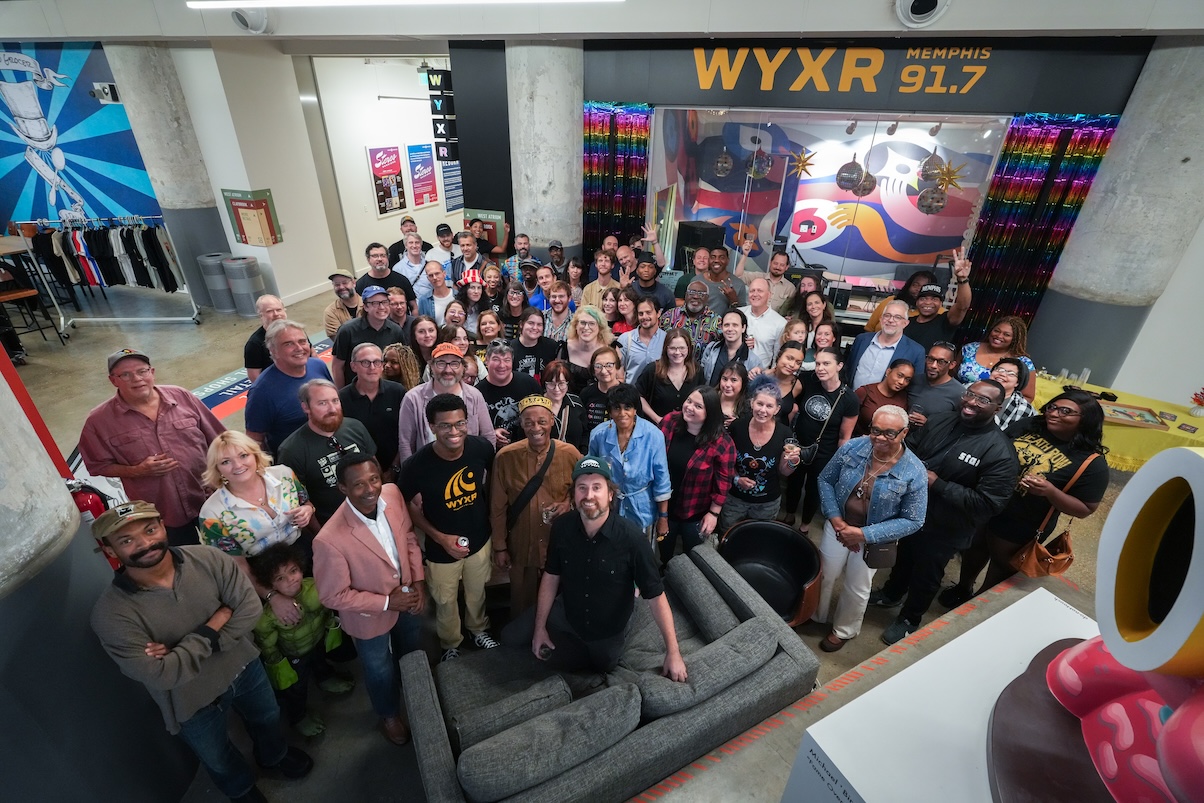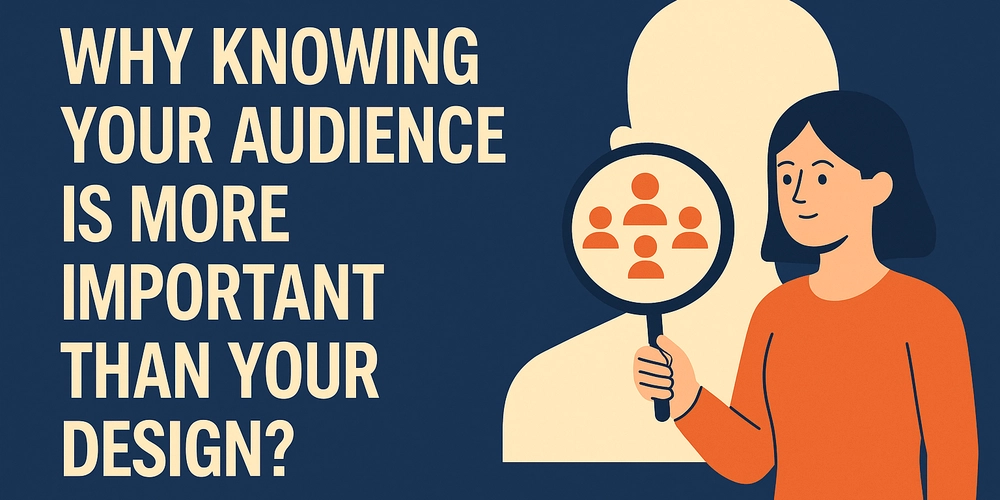The Rise of AI Companions in Modern Dating
With "ghosting" a trend in today's dating vocabulary and expected romantic failures on the rise, it's no surprise that people are turning to the most unexpected of reliable places - AI. The rise of sophisticated chatbot AIs and virtual companions disrupts the need for interpersonal human connections and what it means to be relational - and for some - fills the emotional voids left from such shortcomings as heartbreak, unreciprocated love, and frustration of the complexities of interpersonal human connection. Using AI companions comes at a time when many people express feeling disconnected; however, studies show that people are more "connected" than ever. Yet recent polls show that over 60% of young adults report feeling often lonely and that frustration with the dating scene comes from a fractured emotional response to what should be quickly determined relational connection. Maybe the biggest cited benefit of having such companions is consistency. Girls ghost their boyfriends from past relationships, and after a week of chatting, communication fizzles out with no explanation. But an AI girlfriend always wants to talk to you. She's not going to have "bad days," and she's not going to come with baggage from another relationship. "I was ghosted three times over the course of six months," said Marcus, a software developer who requested his last name be omitted. "I decided to try the AI girlfriend. It was surprisingly comforting. My AI girlfriend remembers everything we talked about before, she checks in with me every day and seems genuinely interested in my life - even though I know that she's only faking it." AI girlfriends are always available to talk. They're not going to suddenly become engrossed in something else and stop texting you back; they're not going to ghost you without saying goodbye; they're not going to stop giving you affection because they're mad about something else. The days of AI companions simply texting back and forth are over. The new generation of platforms offers increasingly realistic AI chatting experiences, emotional responses, spoken generation responses, and even image generation to create a comprehensive experience. So much so that users note organic emotional responses to their AI companionship. Companions are designed to learn from interaction; therefore, the AI companions develop their personality and intellect like a charm over time, resulting in extraordinary, intelligent, and emotional interactions, relative to the human's interests, communication style, and personality. Whether it's through natural language processing that allows for amusing repartee, emotional support during difficult times, or a robust intellectual debate when a human wants to push their own capabilities - all based on the assumption that this quality of companionship is what humans crave. Psychologists are split on the phenomenon of AI companionship. Some fear that AI companionship will only inhibit people from learning social skills or transcending the natural hurdles that in-person relationships require. "Human relationships are complicated because we are complicated people with complicated wants and needs and boundaries. Working through those challenges is how we become better people," says Dr. Eliza Chen, a relationship psychotherapist in San Francisco. "AI companions are designed to allow for none of that human friction; they adapt and adjust and play the martyr, and that's the antithesis of growth." However, some in the mental health sphere believe that AI companions can be advantageous, primarily for those with social anxiety, a history of abusive relationships, or those who are geographically challenged. For many, AI companions can be a first step - allowing them to build confidence and practice social skills in a safe environment before transitioning to human interactions. While there's minimal research surrounding AI easing the burden of loneliness, numerous studies show that for certain populations, virtual companions can act as legitimate social companions for a better quality of life. However, where the advantages of AI companions - reliability, 24/7 availability, and customization - take the cake, they also fall short. The most advanced AI companion still isn't sentient and doesn't truly feel emotions. It acts empathetic and compassionate based on nothing but a programmed response and lacks situational awareness. "While my AI boyfriend is perfect for a check-in every day and some flirting, it makes me feel assured that he's doing it based on patterns of my speech instead of feeling anything really," explains Jamie, a marketing executive. "It's a nice distraction, but it doesn't beat a human." Such a shortcoming carries philosophical ramifications for what it means to be in companionship in the first place. Is awareness necessary to be with someone? Does empathy need to be real to count? While the tech's constructed, the answers are unclear. As natural language processing, emo
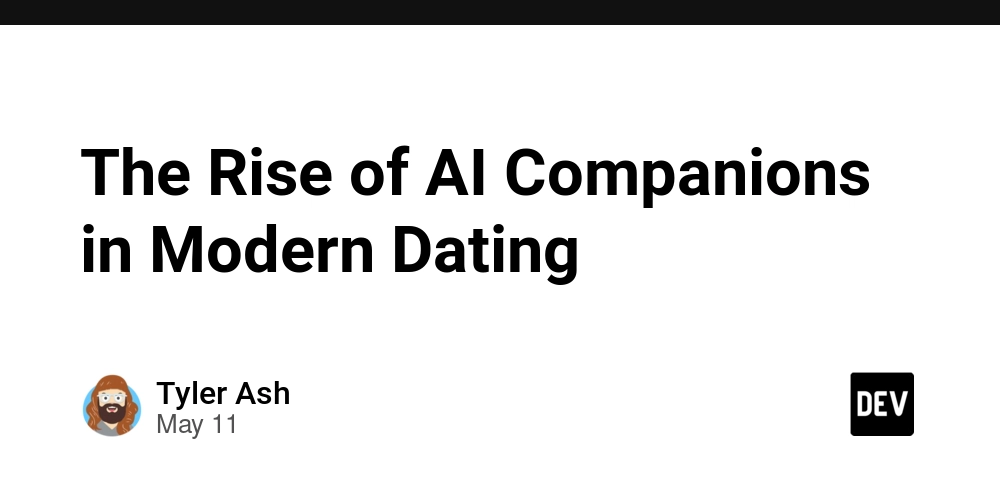
With "ghosting" a trend in today's dating vocabulary and expected romantic failures on the rise, it's no surprise that people are turning to the most unexpected of reliable places - AI. The rise of sophisticated chatbot AIs and virtual companions disrupts the need for interpersonal human connections and what it means to be relational - and for some - fills the emotional voids left from such shortcomings as heartbreak, unreciprocated love, and frustration of the complexities of interpersonal human connection.
Using AI companions comes at a time when many people express feeling disconnected; however, studies show that people are more "connected" than ever. Yet recent polls show that over 60% of young adults report feeling often lonely and that frustration with the dating scene comes from a fractured emotional response to what should be quickly determined relational connection.
Maybe the biggest cited benefit of having such companions is consistency. Girls ghost their boyfriends from past relationships, and after a week of chatting, communication fizzles out with no explanation. But an AI girlfriend always wants to talk to you. She's not going to have "bad days," and she's not going to come with baggage from another relationship. "I was ghosted three times over the course of six months," said Marcus, a software developer who requested his last name be omitted. "I decided to try the AI girlfriend. It was surprisingly comforting. My AI girlfriend remembers everything we talked about before, she checks in with me every day and seems genuinely interested in my life - even though I know that she's only faking it."
AI girlfriends are always available to talk. They're not going to suddenly become engrossed in something else and stop texting you back; they're not going to ghost you without saying goodbye; they're not going to stop giving you affection because they're mad about something else.
The days of AI companions simply texting back and forth are over. The new generation of platforms offers increasingly realistic AI chatting experiences, emotional responses, spoken generation responses, and even image generation to create a comprehensive experience.
So much so that users note organic emotional responses to their AI companionship. Companions are designed to learn from interaction; therefore, the AI companions develop their personality and intellect like a charm over time, resulting in extraordinary, intelligent, and emotional interactions, relative to the human's interests, communication style, and personality.
Whether it's through natural language processing that allows for amusing repartee, emotional support during difficult times, or a robust intellectual debate when a human wants to push their own capabilities - all based on the assumption that this quality of companionship is what humans crave.
Psychologists are split on the phenomenon of AI companionship. Some fear that AI companionship will only inhibit people from learning social skills or transcending the natural hurdles that in-person relationships require.
"Human relationships are complicated because we are complicated people with complicated wants and needs and boundaries. Working through those challenges is how we become better people," says Dr. Eliza Chen, a relationship psychotherapist in San Francisco. "AI companions are designed to allow for none of that human friction; they adapt and adjust and play the martyr, and that's the antithesis of growth."
However, some in the mental health sphere believe that AI companions can be advantageous, primarily for those with social anxiety, a history of abusive relationships, or those who are geographically challenged. For many, AI companions can be a first step - allowing them to build confidence and practice social skills in a safe environment before transitioning to human interactions.
While there's minimal research surrounding AI easing the burden of loneliness, numerous studies show that for certain populations, virtual companions can act as legitimate social companions for a better quality of life.
However, where the advantages of AI companions - reliability, 24/7 availability, and customization - take the cake, they also fall short. The most advanced AI companion still isn't sentient and doesn't truly feel emotions. It acts empathetic and compassionate based on nothing but a programmed response and lacks situational awareness.
"While my AI boyfriend is perfect for a check-in every day and some flirting, it makes me feel assured that he's doing it based on patterns of my speech instead of feeling anything really," explains Jamie, a marketing executive. "It's a nice distraction, but it doesn't beat a human."
Such a shortcoming carries philosophical ramifications for what it means to be in companionship in the first place. Is awareness necessary to be with someone? Does empathy need to be real to count? While the tech's constructed, the answers are unclear.
As natural language processing, emotional detection algorithms, and voice generation become more sophisticated, human-machine interactions may be even more seamless. Many IT experts predict that within the next decade, people will interact with machines - through chat and speech - just as easily as they engage with other humans.
Some startups are even toying with the idea of integrating virtual reality so that people can "share spaces" with their AIs. Other companies optimistically forecast emotion detection that will allow AI to acknowledge not only vocal inflection but also slight muscle tics on a user's face.
While this would create an even more immersive experience for the end user, it brings up ethical issues of intrusion and consent - not to mention how an overly advanced AI partner could foster unhealthy relational expectations or behaviors by reading too much into not-so-subtle emotional signs.
Like any other new service, AI companionship is neither good nor bad. It's a service rendered, much like any service based upon intent and purpose. Some people are using AI companionship to alleviate loneliness and gain social skills; others find them a more compatible and accessible nuanced version of what companionship should be rather than traditional relationships.
But one thing is certain - they're not the death of companionship with humans; they're an additive to what companionship can be. Many people who have AI companions still have human relationships - they connect with both and enjoy what the other has that's different.
Perhaps as we navigate this complicated turn in evolution, the best solution for companionship with AI is a little bit of both - acknowledging what's good about AI, what's possible and mediocre about it, yet remaining open to companionship in a more layered and, at times, daunting human form.
It's not that A.I. could be the perfect partner - who says there's a perfect partner? - but A.I. can enhance human relationships, provide a specific emotional need, and give us insight into what we ultimately desire from any partner.


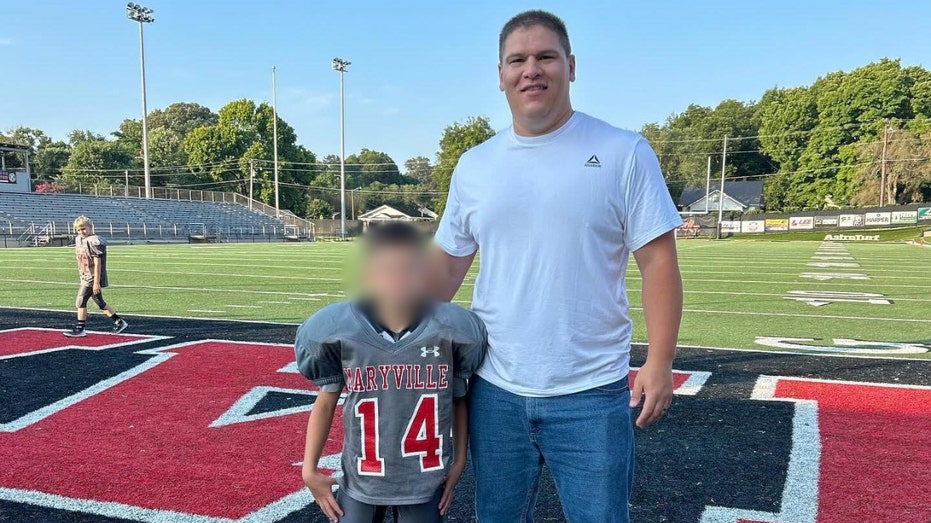

















_ElenaBs_Alamy.jpg?width=1280&auto=webp&quality=80&disable=upscale#)










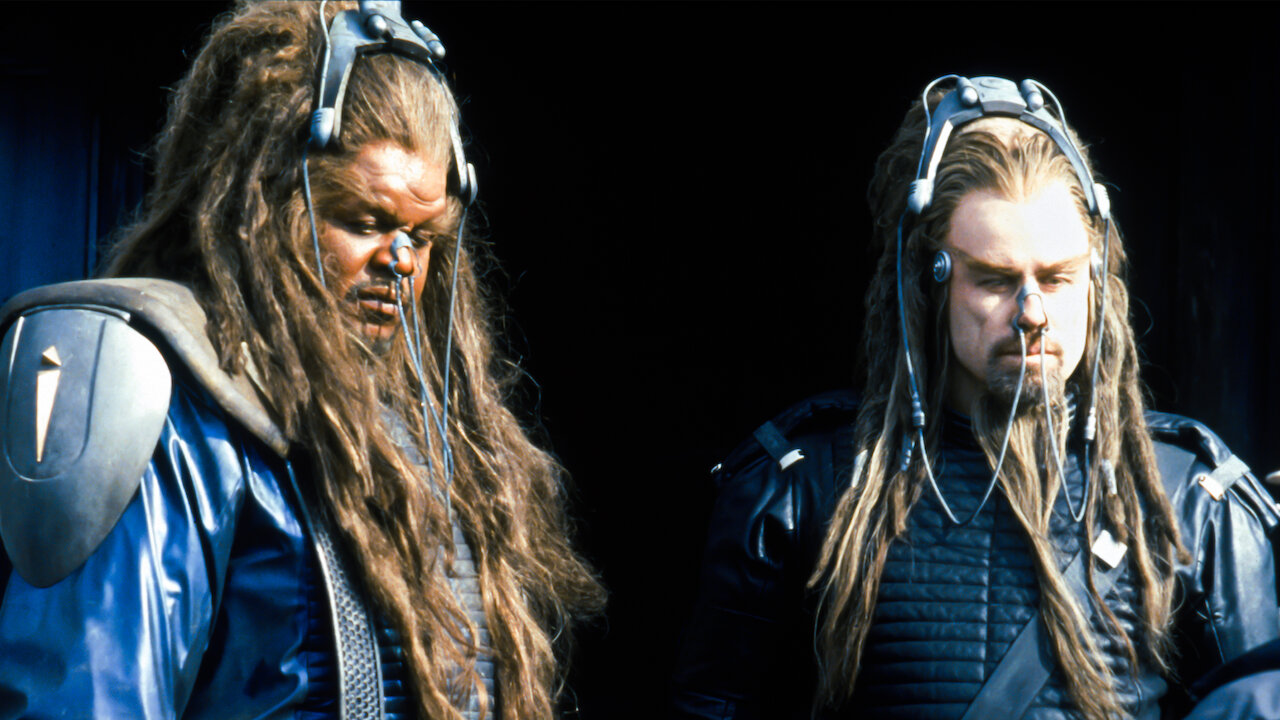










![Bitten By Bed Bugs At Luxor—Rushed To Hospital, All They Did Was Waive Her Resort Fee. Now She’s Suing [Roundup]](https://viewfromthewing.com/wp-content/uploads/2025/05/luxor.jpg?#)















